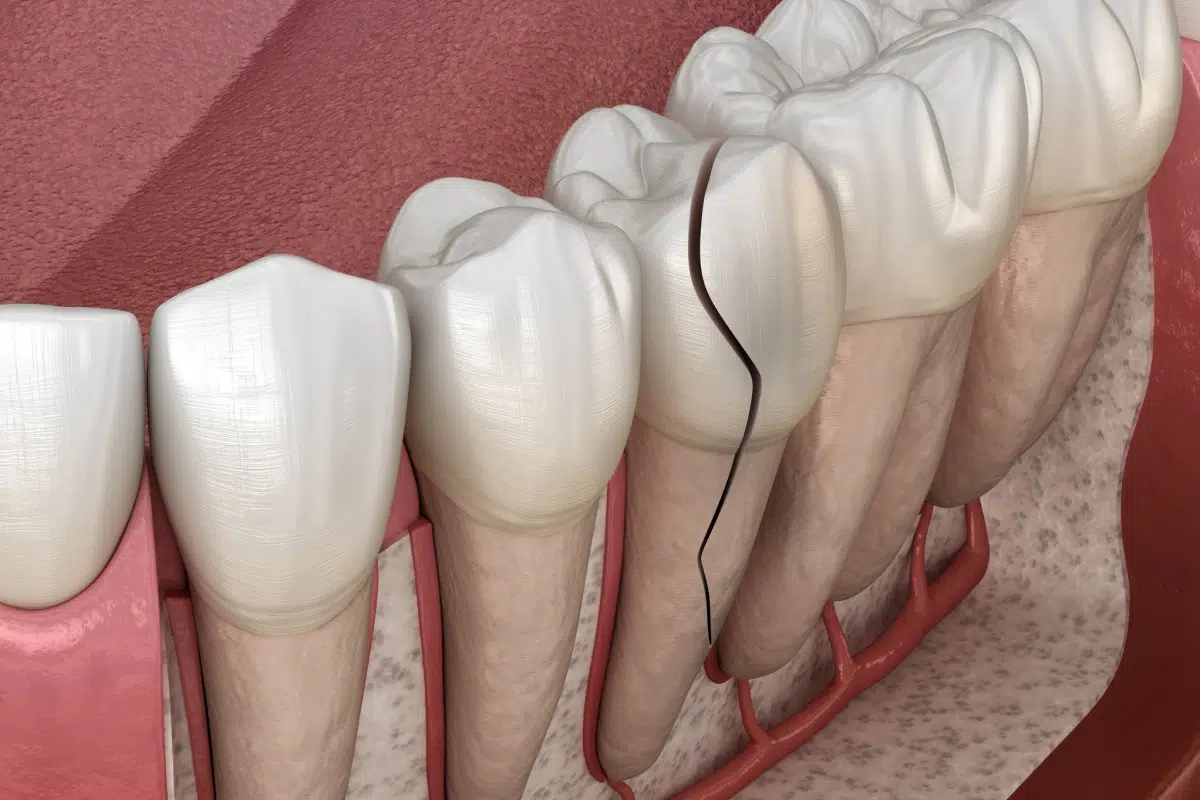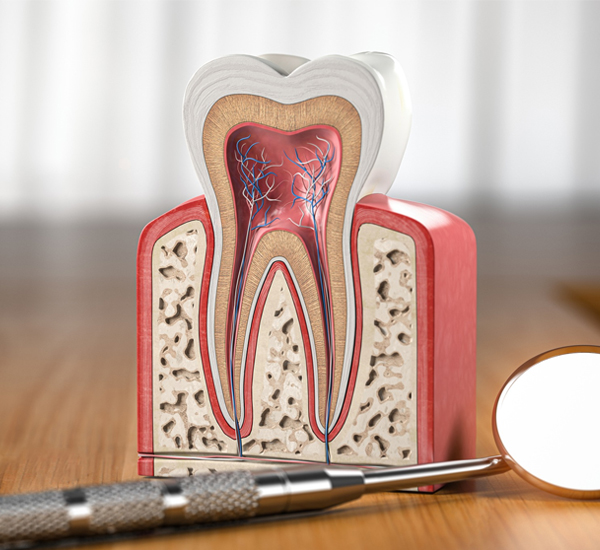New Patients Welcome!

Undergoing a root canal can leave you with questions about post-treatment dental care, including whether you should brush your teeth immediately after the procedure. In this comprehensive guide, we’ll explore the importance of oral hygiene after a root canal, provide expert advice on when and how to brush your teeth, discuss common concerns, and offer tips for maintaining optimal oral health throughout the healing process.
Understanding Root Canal Treatment:
Root canal treatment, also known as endodontic therapy, is a dental procedure performed to save a severely damaged or infected tooth. During the procedure, the infected or inflamed pulp inside the tooth is removed, the root canals are cleaned and disinfected, and the space is filled and sealed to prevent further infection. While root canal therapy effectively relieves pain and preserves the natural tooth, proper post-treatment care is essential for successful healing and long-term oral health.
Importance of Oral Hygiene After a Root Canal:
Maintaining good oral hygiene is crucial after a root canal to promote healing, prevent infection, and preserve the results of the treatment. Brushing your teeth plays a key role in removing plaque, bacteria, and food particles from the surfaces of your teeth and along the gumline. However, the timing and technique of brushing after a root canal may vary depending on individual factors and the dentist’s recommendations.
Expert Advice on Brushing After a Root Canal:
While it’s important to maintain oral hygiene after a root canal, you may be wondering when it’s safe to brush your teeth and how to do it properly. Here’s expert advice to help guide you through the process:
- Wait for Instructions: Your dentist will provide specific instructions on when you can resume brushing your teeth after a root canal. Follow their recommendations carefully to ensure proper healing and minimize the risk of complications.
- Gentle Brushing: When you’re ready to brush your teeth again, use a soft-bristled toothbrush and gentle pressure to avoid irritating the treated tooth or surrounding tissues. Brush in a circular motion and be thorough but gentle to remove plaque and debris without causing discomfort.
- Avoid the Treated Area: Be mindful of the treated tooth and avoid brushing directly over the temporary or permanent restoration, such as a filling or crown. Focus on cleaning the surrounding teeth and surfaces while being gentle around the treated area.
- Rinse with Water: After brushing your teeth, rinse your mouth thoroughly with water to remove any remaining toothpaste or debris. Swish the water around your mouth and spit it out gently to avoid disrupting the healing process.
Common Concerns and Tips for Oral Care:
Some common concerns after a root canal include sensitivity, swelling, and discomfort, which may affect your ability to brush your teeth comfortably. If you experience any discomfort or difficulty brushing, consider the following tips:
- Use a toothpaste designed for sensitive teeth to minimize discomfort.
- Rinse your mouth with a saltwater solution to reduce inflammation and promote healing.
- Take pain medication as recommended by your dentist to manage any discomfort.
Brushing your teeth after a root canal is an important part of post-treatment care to maintain oral hygiene and support healing. By following your dentist’s instructions and using gentle brushing techniques, you can promote optimal healing and preserve the results of your root canal treatment. If you have any concerns or questions about oral care after a root canal, don’t hesitate to consult your dentist for personalized advice and guidance. Remember that proper oral hygiene is key to a healthy smile and long-term oral health.





